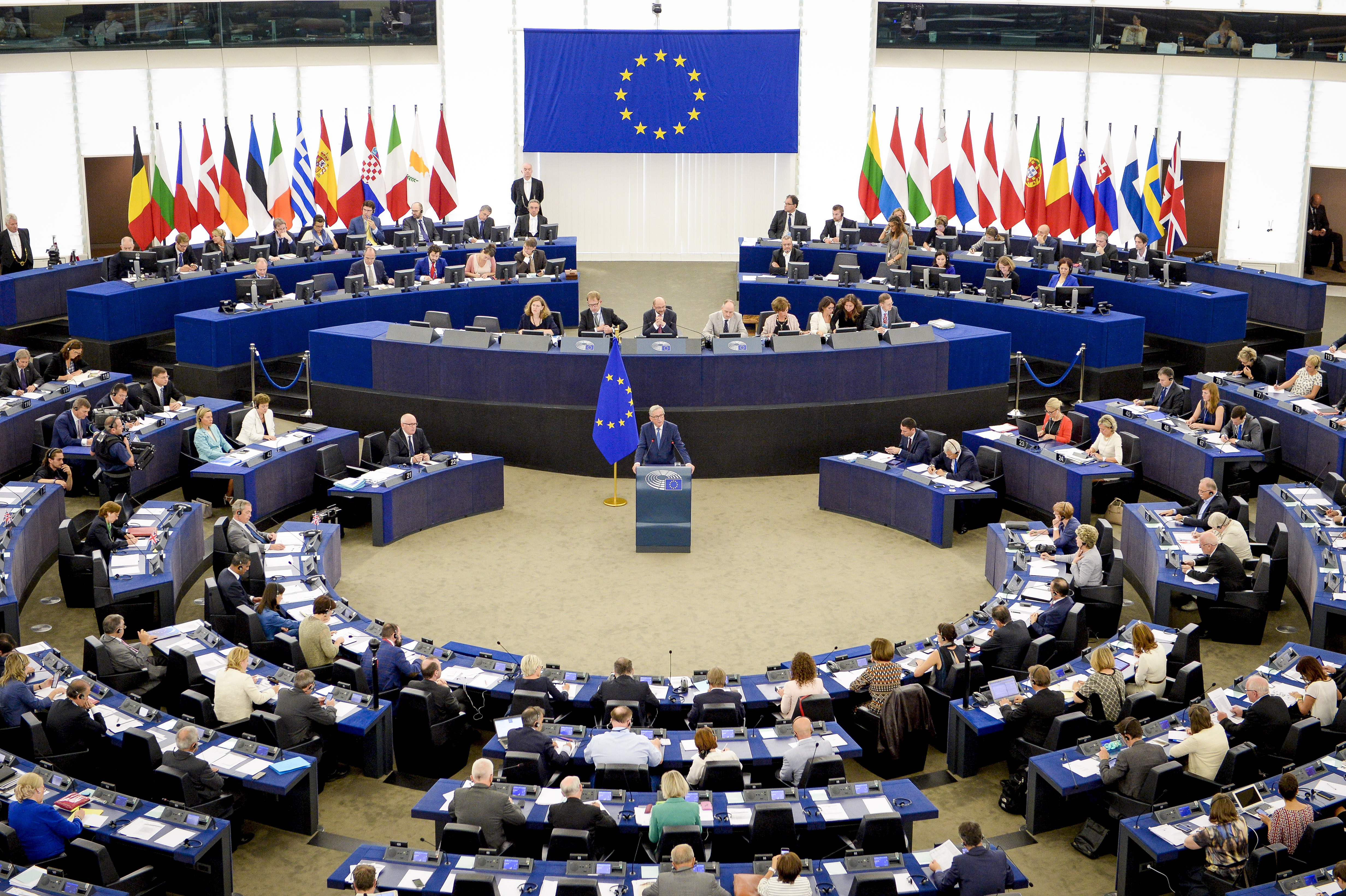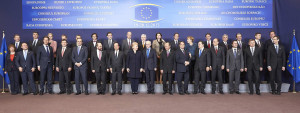Populism and the Resurgence of Nationalism in the European Context
 State of the Union 2016 - Statement by the President of the Commission - Plenary session week 37 at the EP in Strasbourg
State of the Union 2016 - Statement by the President of the Commission - Plenary session week 37 at the EP in Strasbourg

The rise of populism in Europe and the conservative platforms upon which they have been able to attract voters has been a rising phenomenon this year. The relatively surprising election of President-elect Donald Trump in the United States alone has called into question what the future of multinational institutions and liberal democratic values will be. Various countries in Europe, particularly France with the National Front led by Marine Le Pen, are following a similar pattern. As was seen earlier this year with Donald Trump, European populism has found fertile ground among the blue collar and working class electorate who are increasingly weary of open borders, free trade and more tolerant social values. The pillars of liberal democratic values are currently being contested by the backlash of a populist political wave that is tainted with nationalist undertones.
Populism is defined as a political movement claiming to represent the common people, acting as a juxtaposition of a corrupt political class, elite or establishment. It is no doubt that this current trend of the election of right-wing parties may be a result of low economic growth and rising levels of income inequality in the past decade. The European Debt Crisis in 2008 may be partially attributed with the rise of populism, as unresolved market effects, such as unemployment and sluggish economic growth, are still salient. More recent events, such as the refugee crisis and Brexit, demonstrate that there are still those within the broader population who oppose economic and social integration.
Indeed, Marine Le Pen’s rise to prominence is not only telling of how populism has reemerged in Europe, but in understanding just who her supporters are, it becomes quite evident that the small-town working class demographic has felt the economic strain of globalization and are less than enthused by its prospects. Similarly, Italy’s plebiscite and Austria’s presidential elections are a reflection of the larger populist movement. Italy’s referendum demonstrated “how populism will drive politics across Europe.” The plebiscite, which sought to propose changes to law-making procedures through Constitutional amendments, reflects the desperate need for change to correct the economic situation in Italy. Indeed, the share values of Italian banks have been down 50% since January, which may reflect investor’s concerns that Italy’s lacklustre economy is under threat, and threatening its continued presence in the Eurozone.
Following the resignation of Italian Prime-Minster Matteo Renzi, a period of political instability looms ahead. Opportunity for populist parties such as the Five Star Movement and the Northern League to push for strict immigration laws to protect Italian workers and to question Italy’s presence in the Eurozone signal a continuation of right wing tendencies. While the Austrian elections demonstrated a defeat for populist candidate Norbert Hofer and the Freedom Party of Austria, his narrow loss does not signal the end of populism in Austria. Indeed, it demonstrates the internal divisions of the country and Hofer’s promise to run again in 2021 reflects a continuity of Austria’s right-wing leanings.
The prominence of populism may be taken as a signal that a new approach must be pursued in order to address dissatisfaction among voters. However, the liberal democratic ideology is not yet dead, as Angela Merkel still holds office. The German Chancellor has shown to have continued Germany support with her ratings rising from 42% in August to 55% in November. If she continues to remain in office until 2021, it seems likely she will have to take on the role as leader of the European Union. The changing makeup of the international stage has taken has increased the challenges against liberal values voiced by right wing leaders and populist platforms, adding to the pressure already placed on liberal democracies which have seen leaders and policy deficiencies that have been instrumental in creating such a high level of internal dissent.
This year has seen the rise of populist and nationalist parties, signalling that many people across Europe are unhappy with how certain issues, especially immigration and the economy, have been handled. It is important to recognize the cause for right wing parties in order to re-align and configure a policy agenda for 2017 that will support a return of liberal democratic ideals in order to combat the political and economic backlash that far-right parties represent.
